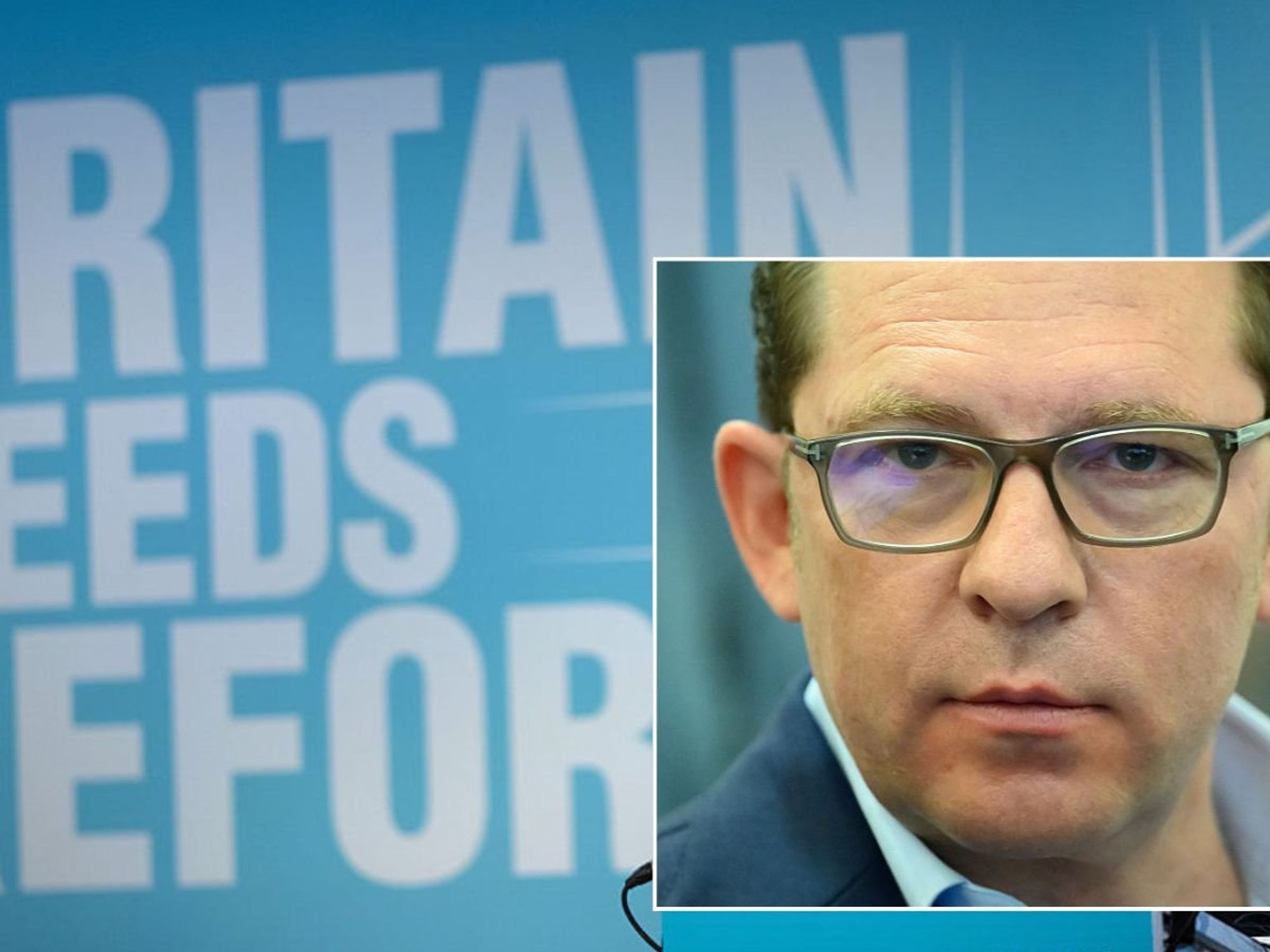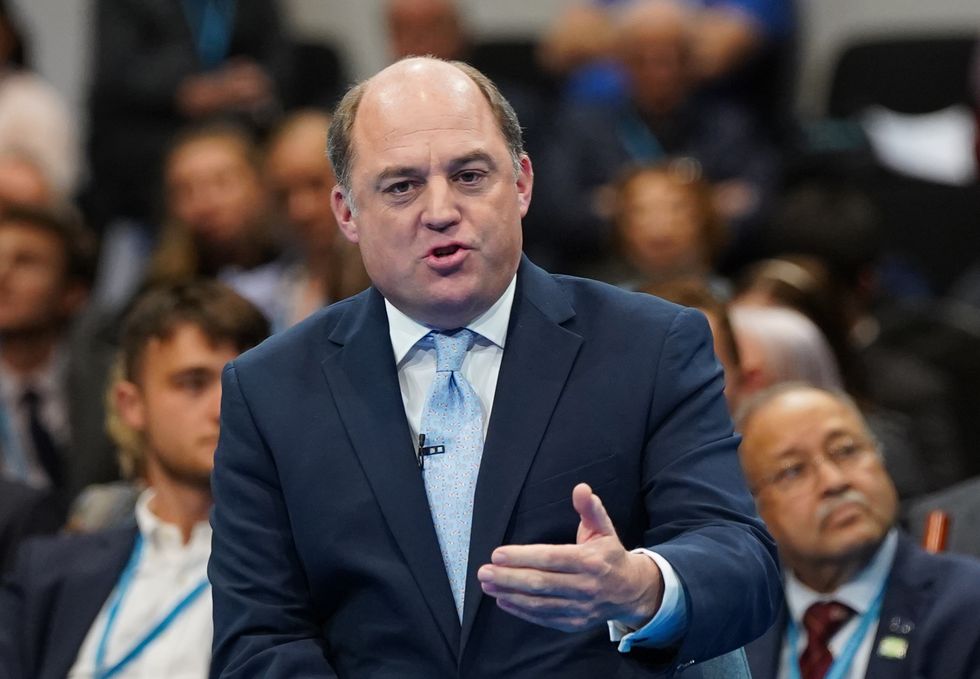Nato was not defeated in Afghanistan, says Defence Secretary Ben Wallace
The Defence Secretary said Nato forces could have stayed on in Afghanistan but chose to leave.
Don't Miss
Most Read
Nato not did suffer a military defeat in Afghanistan but there was a failure of political “resolve” by the Western alliance, Defence Secretary Ben Wallace has said.
Giving evidence to the Commons Defence Committee, Mr Wallace said Nato forces could have stayed on in the country but chose to leave.
He blamed the “rotten deal” struck by the US administration of Donald Trump for the return in triumph of the Taliban last August as the Afghan army collapsed largely without a fight.
He warned that there was now a danger of a resurgent terrorist threat from al Qaida in the country.
“I don’t think that we were defeated. Our resolve was found wanting, I would say, rather than defeated,” he said.
“Nato were there to enable a political campaign and I think that is what failed. The military were there to put in place the security environment in order to try and deliver that.
Defence Secretary Ben Wallace speaking during the Conservative Party Conference in Manchester.
Stefan Rousseau
“When that is withdrawn, that is when you find out whether your political campaign has worked. What we discovered is it didn’t work.
“It was the Western resolve and the Western narrative or political foundations they had laid failed. There are a lot of searching questions there for all of us.”
Mr Wallace said the initial Nato mission in Afghanistan to dismantle al Qaida in the wake of the 9/11 attacks on the United States 2001 in had been a success.
“We bought counter-terrorism success for 20 years,” he told the committee.
“Al Qaida did not mount… a terrorist attack on the United Kingdom or her allies from Afghanistan. For many soldiers that is very important.”
He added: “I think it is highly likely that we will see a return to al Qaida and an increasing threat coming from Afghanistan but for 20 years we were safer.”
Mr Wallace said intelligence assessments at the beginning of August clearly showed the Taliban were advancing in the provinces and beginning to take large cities – although he took the view the Afghan government was in trouble before then.
“I expressed views in July the game was up. I took the view that the game was up and that we should start the process of significantly drawing down so we were not found to be caught out,” he said.
Mr Wallace said the deal the Trump administration struck with the Taliban in Doha in February 2020 – without the involvement of the the Afghan government or Nato allies – meant the Taliban were always going to return in some form.
“It effectively withdrew coalition ISR (intelligence, surveillance, reconnaissance) air support, it put in place the release of 5,000 prisoners, and also committed within 135 days a reduction of (US) forces,” he said.
“It removed from the battlefield the one thing the Taliban feared and gave them the ability to continue their military offensive.
“Those terms of the deal couldn’t have been more helpful to the Taliban achieving its victory.












